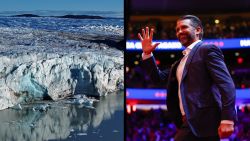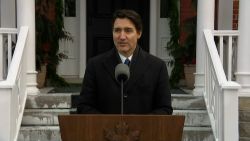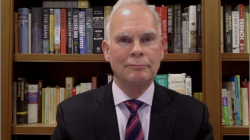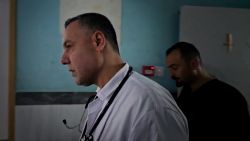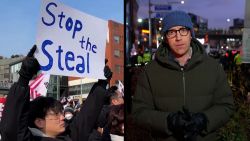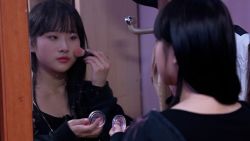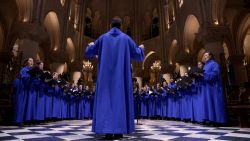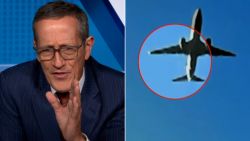One protester said his jaw was broken as masked men threw him to the ground, stood on his face and jumped. Another man told CNN he had a bone fractured at the top of his spine. Some, trying to document the violence, said they had their cameras smashed or stolen, before being beaten themselves.
A week of fierce demonstrations in Georgia has seen special forces violently handling protesters who are challenging the government’s controversial decision to delay its bid to join the European Union.
The former Soviet republic has known protests before, but many say these are larger and more vicious. Many Georgians feel they are on the cusp of returning to the one-party rule from which they escaped a generation ago and say they will protest for as long as it takes, despite the ruthless response.
Watchdogs say that many of the scores of people arrested over the past week have been subjected to brutal treatment by police and special forces. CNN spoke to 10 protesters, including five journalists and an opposition politician, who said they were beaten by special forces – masked, unidentifiable men. They suffered injuries, they said, ranging from cuts and bruises to broken bones that left some hospitalized.
CNN has asked the country’s Ministry of Internal Affairs for comment on the alleged brutality by the masked forces but has not received a response.
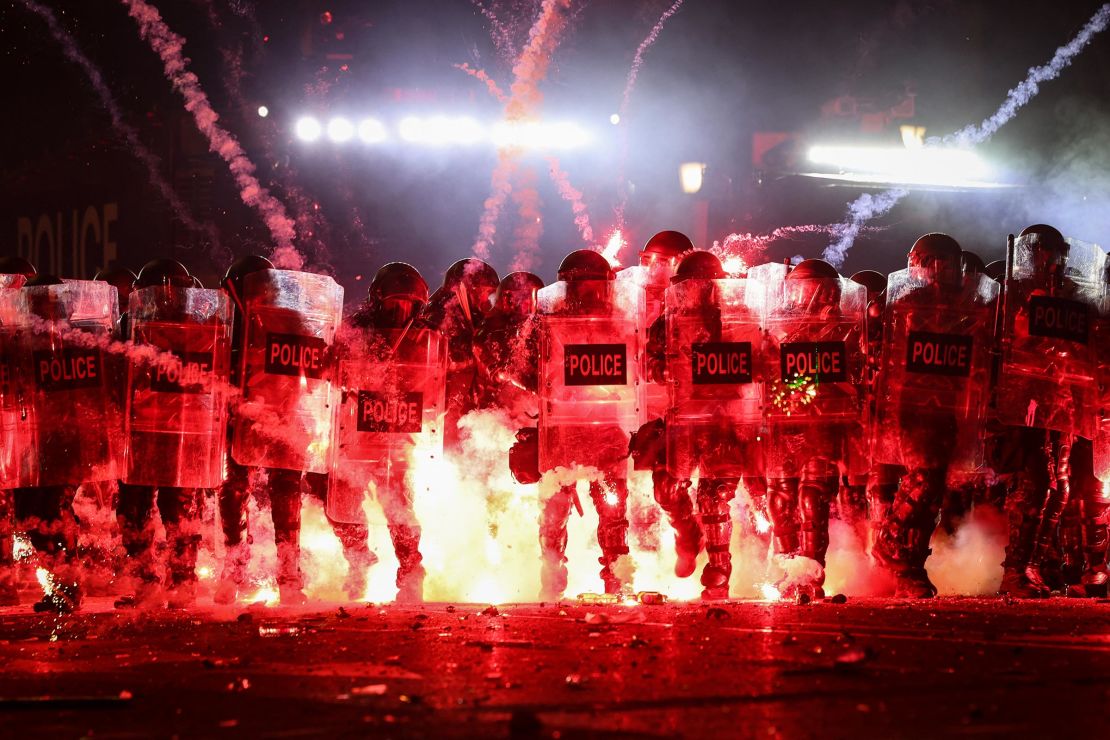
Tensions were simmering in the country since a disputed election in October. The ruling Georgian Dream party – already 12 years in office – claimed victory, but observers say the vote was neither free nor fair. The European Parliament has called for a re-run.
Prime Minister Irakli Kobakhidze announced on November 28 his government would suspend accession talks with the EU, which some 80% of Georgians support joining. His Georgian Dream party had even made joining the bloc a constitutional commitment.
Within hours, thousands descended on the parliament in the capital, Tbilisi, to demand the government honor its promises.
Aleksandre Keshelashvili, a journalist for local outlet Publika.ge, told CNN he arrived at the protest in the early evening.
He watched as Salome Zourabichvili – the country’s pro-Western president, in a standoff with her own government – confronted a wall of police, knocking on their riot shields and asking: “Who do you serve, Georgia or Russia?”
Later, the police were bolstered by dozens of masked men. Although they have been present at protests before, their numbers were far greater this week, demonstrators said. Unlike ordinary police officers, these men do not wear uniforms showing their department and rank. “They don’t have any identifiable signs,” Keshelashvili said.
Some of them confronted Keshelashvili as he stood by the parliament with other journalists. Suddenly, he said, they pulled him away from the group and began to beat him.
“I was shouting, ‘I’m a journalist,’” Keshelashvili said, adding that he tried to explain he was just doing his job.
Next, he was thrown into what he described as a “beating corridor”: Around a dozen men punched him, then kicked him when he fell to the floor. He said he lost consciousness.
When he awoke, both of his cameras had been stolen. “We are not a very big media outlet. We don’t have much money to buy these things,” he said.
After being taken into custody, Keshelashvili said he would have spent a night in a cell, if a doctor had not seen him and said he needed urgent surgery. His nose had been broken in several places.
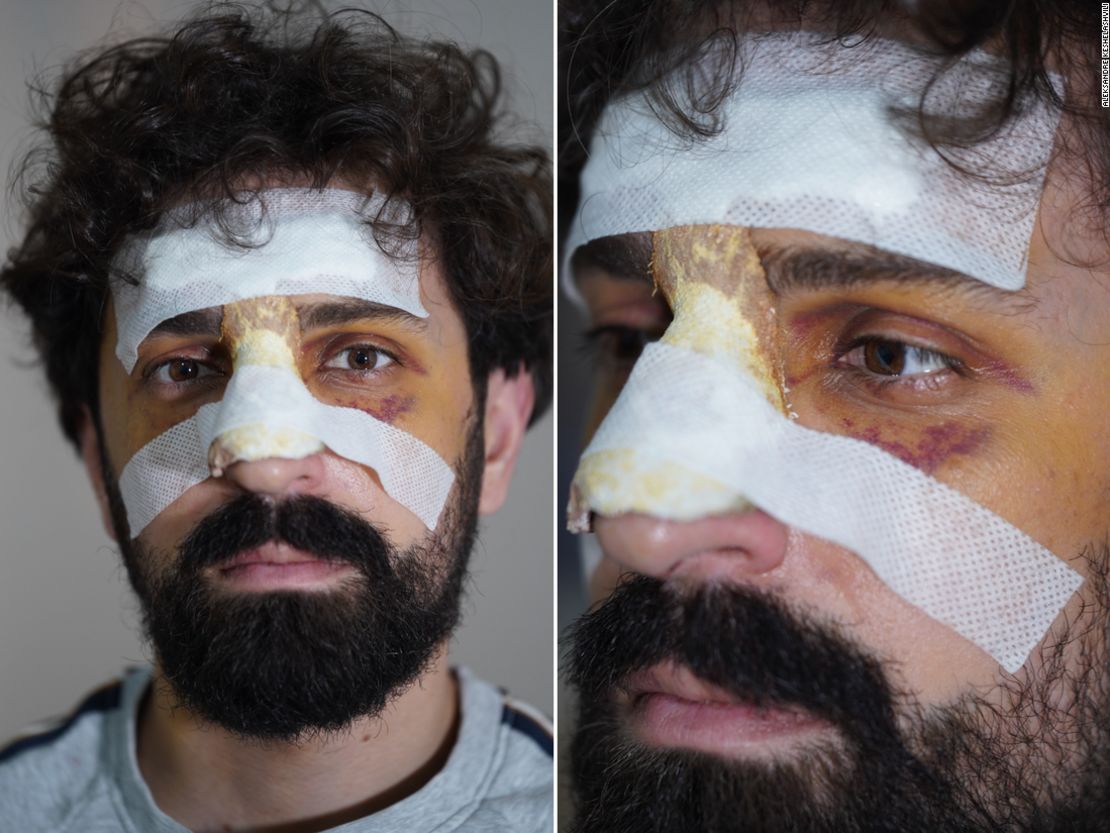
Down the street, more violence was unfolding. Guram Rogava, a presenter with Formula TV, was broadcasting live outside the parliament, reporting on the police response as it ramped up around him. After finishing his shot, Rogava began to move towards a sidewalk. When his back was turned, a masked man was seen running behind him and striking the back of his head.
Rogava collapsed. “I don’t remember anything,” he told CNN. Only by watching a video of the incident did he learn what had happened to him.
Rogava was seen with blood streaming down his face as his colleagues tried to help him. He later learned he had fractured a cervical vertebra in his neck. His doctor said if the bone moves much more, “I could lose control of my hands and legs.”
‘Deliberate’ tactic
Zourabichvili said journalists have been deliberately targeted. Multiple reporters told CNN they faced the worst violence on the first two nights, and that government forces have since backed down slightly. To some, this suggested orders from above.
Aka Zarkua, a journalist at RealPolitika, said the fact that reporters were largely left alone on Sunday night suggested “when they were beating journalists, it was a clear edict from the police riot chief. It was politically motivated.”

Some have said journalists may have been targeted to prevent evidence of police brutality being documented. Mariam Nikuradze, a reporter at OC Media, said the special forces get “angry” when they see their actions being filmed.
But even if evidence is collected, she said it counts for little in Georgia’s legal system. “Over the past few years, I’ve been to so many trials. The courts are so biased that no matter what kind of evidence you present there, they just make political decisions,” Nikuradze told CNN.
Before trial, conditions in custody are grim. The Georgian Young Lawyers’ Association, a watchdog, said most individuals arrested on Monday had been “brutally beaten… both during and after their arrest.”
Erekle Loladze, a winemaker, said he was beaten while being driven in a police van into custody. Before, he had been swarmed by dozens of masked men in a back alley near the parliament. “They kicked me all over my body, and at one point, someone stood on me with both feet and jumped,” Loladze told CNN in writing. His jaw was broken in two places, leaving him unable to speak.
Once in court, cases are seemingly rushed through. Shota Murtskhvaladze, who works in education, said his case was heard overnight Sunday. He asked to postpone the trial, so he could collect video footage from shops near where he was assaulted by special forces, sustaining a minor injury to his face. His request was denied. He was only allowed to bring one witness, despite several of his friends seeing the attack. He said he was fined 3,000 lari (about $1,000) for not complying with a police order to disperse.
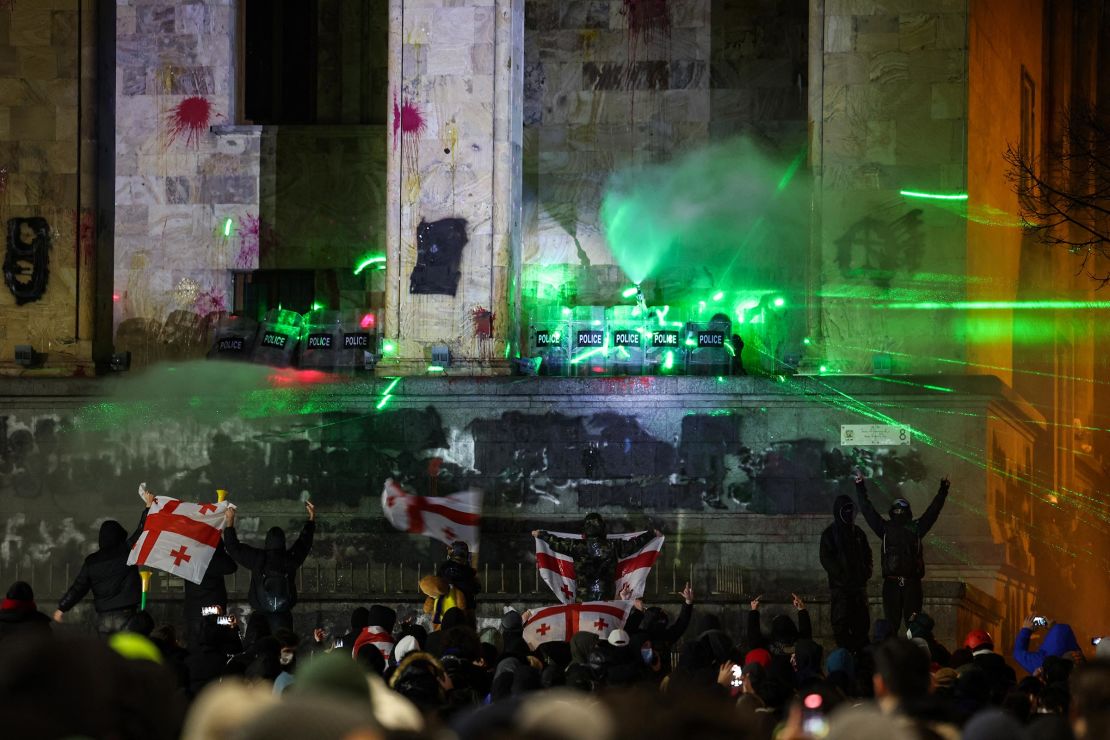
‘Men in black’
Critics are troubled by the government’s growing reliance on these special forces to try to stem protests. “They have no numbers of identification, which is contrary to any international rule,” Zourabichvili told CNN.
Elene Khoshtaria, one of the leaders of the opposition Coalition for Change party, told CNN these forces comprise “specially trained, huge men who look more like wrestlers than policemen.”
Shortly before he was assaulted, Rogava had interviewed Khoshtaria on live television. Khoshtaria herself was later attacked multiple times by special forces. She said they “clearly” knew who she was, telling her, “Elene, go away, stop, f**k you” as they grabbed her by the hair and led her away. In a later clash, she fell to the ground, fracturing her hand.
On Wednesday, opposition co-leader Nika Gvaramia was detained by police after he was beaten unconscious by officers in the capital Tbilisi, his party said. Gvaramia represents the Droa party, the party that Khoshtaria founded.
Although the use of special forces is troubling, Khoshtaria said it is a sign of the regime’s weakness. Unlike fully-fledged autocratic states like Belarus, she said Georgian Dream does not have enough police willing to mete out violence against civilians so they rely on a few hundred masked men instead.
With the protests now raging every night for a week, Khoshtaria said the opposition movement is in a battle of endurance with the government and its agents. “They are exhausted,” she said of the government. “They thought that there would be a small crowd of people in front of the parliament. What they got is the whole of Tbilisi coming out – and also in the regions.”
Although some of the protesters are too injured to rejoin the movement, many said the violence they have faced will not deter them. Giorgi Gamgebeli, a freelance photographer, said he sprained his ankle in a clash with police, which also left him unconscious. Will he be returning to protest? “Of course,” he told CNN, waving his crutches in the air.
CNN’s Caitlin Danaher contributed to this report.


